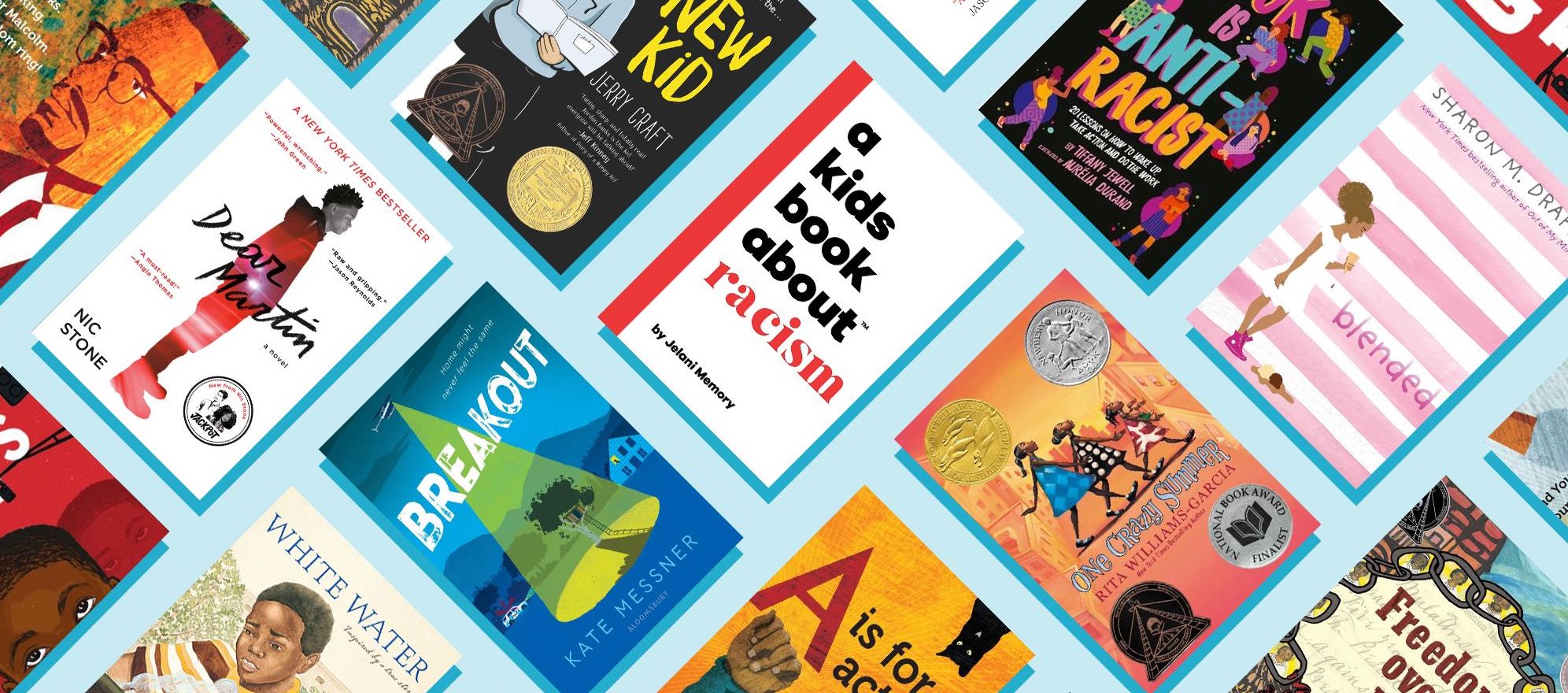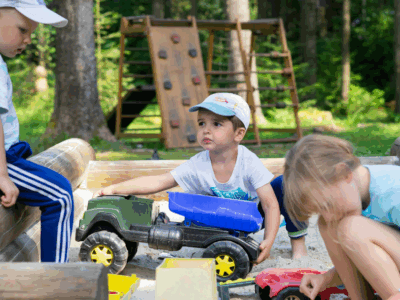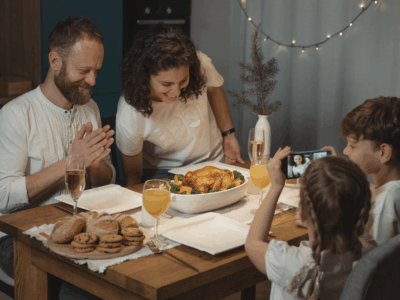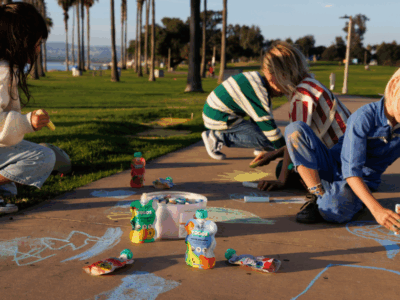Where can parents begin the conversation on racism with their families?
There is no shortage of media out there for jumpstarting the discussion but you may be wondering which is best.
It’s important to understand that there is no one formula for addressing racism.
Children can begin internalizing racial bias between the ages of two and four. As parents, it’s our responsibility to foster an environment where we welcome discussions about race.
These resources are here to educate and prepare you and your family for discourse on raising awareness.
Add Books on Race to Your Reading Library
Understanding the history of racism is one of the first steps we have to take to fight it. Consider adding the following resources to your library:
Books on Race and Racism for Parents
Why are all the Black Kids Sitting Together in the Cafeteria? by Beveral Daniel Tatum
Tatum’s book explores how racial identity influences the social interaction between children. It addresses explicit and implicit bias in a very important institution: our schools.
Post Traumatic Slave Syndrome by Joy Degruy
What is generational trauma? Dr. Degruy educates readers on the consequences that slavery has had on the mindset of Black communities. She explains white privilege from a historical context and how that history has shaped racism around the world.
White Fragility: Why It’s So Hard for White People to Talk About Racism by Robin DiAngelo
DiAngelo provides a thorough analysis of how white people in North America react to race. The book further explains the privilege of being free from race-based stress. It offers a paradigm shift for those who want to take steps to having the uncomfortable conversation about privilege and bias.
White Rage: The Unspoken Truth of Our Racial Divide by Carol Anderson
White Rage measures the balance between white and Black power in society. Anderson proposes that black power has always been met with resistance in the United States. It examines the need for social change as well as the importance of confronting structural racism.
Why I’m No Longer Talking To White People About Race by Reni Eddo-Lodge
Eddo-Lodge talks about how class and race can make discussions on race difficult. It looks at the erasure of racial identity by white counterparts who counter “Black Lives Matter” with “All Lives Matter” and more.
Books on Race and Racism for Children
My Two Grannies by Floella Benjamin
A biracial girl named Alvina is visited by her two grandmothers. They have different ideas on what to eat and places to visit. It’s a nice story that talks about differences in multiracial families.
Happy to Be Nappy by bell hooks
A great read for little and big kids, Happy to Be Nappy celebrates the beauty of Black hair and the joy of loving oneself. Nappy refers to the natural hairstyles of Black people.
Antiracist Baby by Ibram X. Kendi (pre-order, scheduled to release in late June)
Kendi’s book gives parents a guide to taking the first steps to dismantle racism. It gives advice for both parents and children for combating social inequality.
Let’s Talk About Race by Julius Lester
Lester’s picture book addresses race through visual storytelling. It allows children to embrace their differences while considering how to accept others for who they are.
A Kids Book About Racism by Jelani Memory
This book explains racism and encourages empathy among its readers. Throughout the book, Memory shows how it’s important to not only identify racism but to understand how it makes people feel.
Read the Voices of Black Parent Bloggers
A lifestyle blog and podcast that highlights multicultural families in the United States. It’s led by Lori L. Tharps, journalist and author who wrote Hair Story.
Are Those Your Kids? by Diedre Anthony
Didre’s lifestyle blog talks about the responsibilities that come with raising biracial children. She also blogs about her interracial relationship.
Mixed Race Family: Mixed Up Mama by Terri Akan
Terri’s journey with raising a mixed race family stands out for its authenticity and engaging storytelling. Her blog includes resources for raising an antiracist family.
Successful Black Parenting Magazine founded by Janice Celeste and Marta Sanchez
Co-founders Celeste and Sanchez started this magazine to celebrate the importance of intentional parenting within Black communities. It offers insight into how racism impacts parenthood and child-rearing.
Movies on Race that You Can Stream Online
Remember the Titans (2000)
Set in 1971, the film shows how the tradition of football changes when schools become integrated. It follows the journey of the first Black coach at what was once as all-white school.
Trailer: https://www.youtube.com/watch?v=ThTD7u5z9hw
Available to stream on Disney Plus, Amazon Prime, and YouTube
The Hate U Give (2018)
A poignant story of a girl grappling with how racism and police brutality is affecting her and her family’s life.
Trailer: https://www.youtube.com/watch?v=3MM8OkVT0hw
Available to stream on Amazon and Youtube.
Ruby Bridges (1998)
This movie follows the historical event where a young Black girl named Ruby Bridges becomes the first student in an integrated school.
Trailer: https://www.youtube.com/watch?v=hT6s1s4jWdo
Available to stream on Amazon and YouTube.
Pride (2007)
An inspirational film about a Black athlete who starts an all-Black swim team to push back against racism in sports.
Trailer: https://www.youtube.com/watch?v=NaJnqc5tv5Y
Available to stream on Amazon and YouTube
Selma (2014)
Selma shows us a powerful narrative that tells the story of the fight for desegregation during the Civil Rights Movement.
Trailer: https://www.youtube.com/watch?v=kvRmJBoCovc
Available to stream free on Google Play and Amazon.
Hidden Figures (2016)
The story of three Black mathematicians who helped launch the first man into space.
Trailer: https://www.youtube.com/watch?v=5wfrDhgUMGI
Available to stream on Amazon and YouTube.
I hope that these resources serve as a springboard to addressing racial discrimination at home.
Other ways to support Black communities include:
Donating to organizations in solidarity with the Black Lives Matter movement
Teaching our children about the protests
Voting for officials who advocate for change on the local level. Recent legislation, such as the Breonna Law, positively impacts Black communities.



